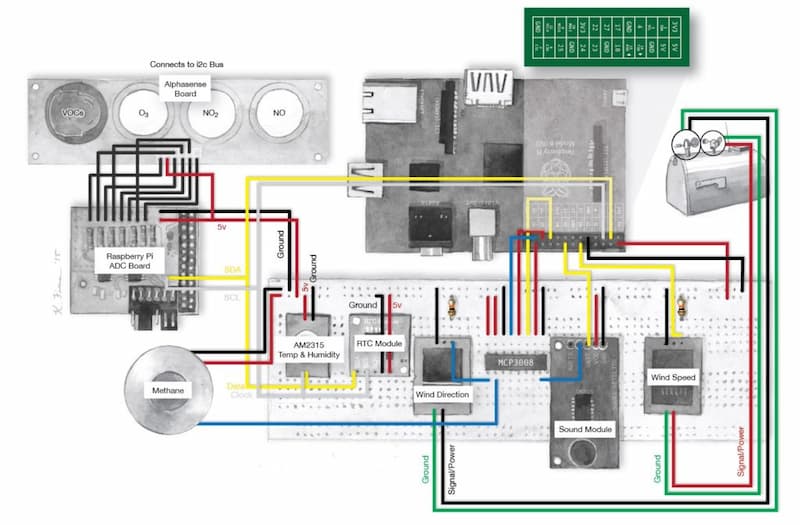New project: What can citizen-generated data do? Research collaboration around UN Sustainable Development Goals
August 08, 2018
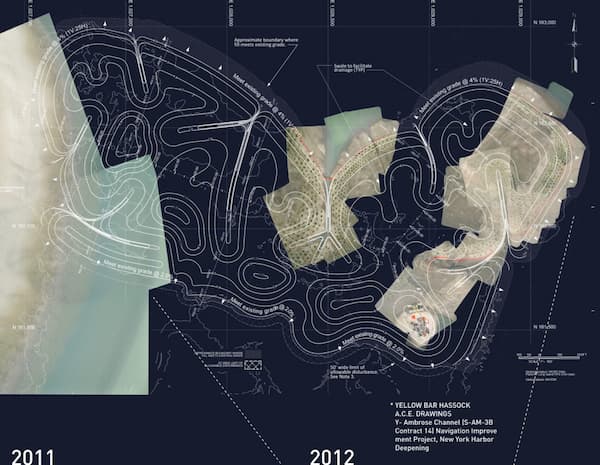
A new research initiative led by the Public Data Lab, King’s College London and Open Knowledge International in collaboration with the Global Partnership for Sustainable Development Data and the UN Foundation will map and explore what “citizen-generated data” can do, with a particular focus on the UN Sustainable Development Goals. It will be undertaken ahead of the World Data Forum in October.
The initiative will explore projects, practices and visions associated with citizen-generated data, including: What does citizen-generated data do? How is it imagined, created and used by different actors? What kinds of participation, experience, subjectivity and politics do citizen-generated data projects enable and engender?
It is informed by our recent work on “data infrastructure literacy”, “data worlds”, the “data city as public experiment”, experimentation around air quality data, as well as our previous research collaborations around how citizens and civil society groups can assemble data to attempt to change what is officially accounted for.
International organisations, public institutions, companies, NGOs, activist groups and researchers have different – and sometimes competing – visions and conceptions about what citizen-generated data is and what it can do – from addressing official data gaps and improving data quality, to introducing new non-traditional data sources and facilitating different kinds of participation and involvement.
These different conceptions are supported by practices, methods and technologies involved in doing citizen-generated data in different ways – including sensing devices, online platforms, the internet of things, mobile apps, maps, surveys, drones, satellite imagery, score cards, engagement exercises and crowdsourcing software components.
Citizen-generated data has been associated and contrasted with a wide range of other fields and labels such as citizen science, citizen journalism, citizens’ observatories, civic technology, community-based monitoring, co-production, crowdsourcing, grassroots mapping, participatory action research, participatory data collection, participatory design, social media listening, user-generated content and volunteered geographic information.
What might citizen-generated data do in relation to the UN Sustainable Development Goals? Previous studies draw attention to many different aspects of citizen-generated data projects. Many look not just at the data which is created, but also the different forms of participation which are enacted – from data collection (e.g. “citizens as sensors”) through to more substantive involvement and collaboration in issue and problem definition (e.g. “extreme citizen science”, “experiments in participation”, “care-full experimentalism” and “inventive data citizenships”). Others look at whether data is generated “actively” or “passively”, “consciously” or “unconsciously”. Citizen-generated data can be empirically studied and conceptually carved up in many different ways. These ways of describing attending to the phenomena also reflect and articulate different interests, values and visions about what it does and whom it is for.
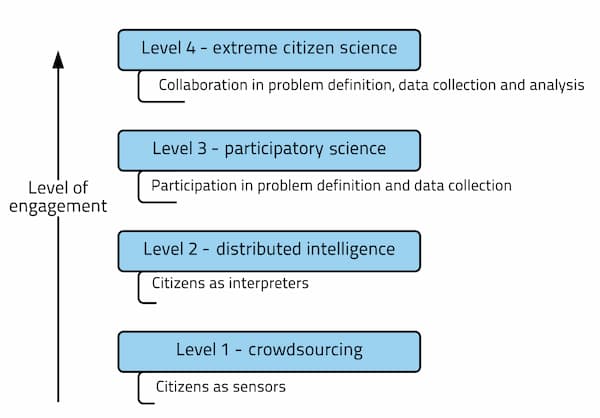
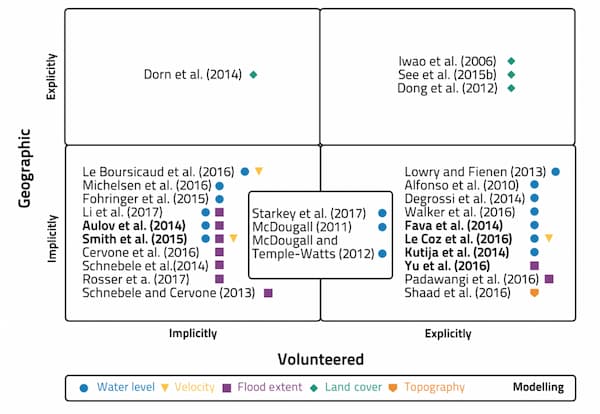
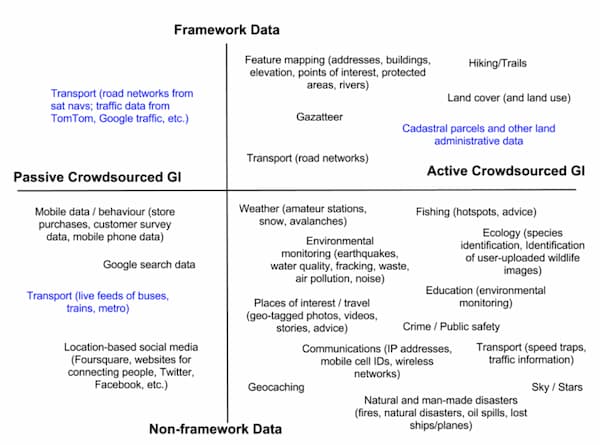
In the spirit of collective inquiry, the project aims to surface different perspectives and encourage public debate around citizen-generated data and the roles that it could play in relation to the UN SDGs by:
- Mapping existing literature, online content and examples of projects, practices, methods and devices associated with the term “citizen generated data”;
- Using this mapping to solicit for input and ideas on other kinds of citizen-generated data initiatives as well as other relevant literatures and practices from researchers, practitioners and others;
- Gathering suggestions from literature, researchers and practitioners about which aspects of citizen-generated data to attend to and why;
- Undertaking new empirical research around a selection of citizen-generated data projects in order to explore these different perspectives.
The anthropologist Anna Tsing recently makes the case for the “arts of noticing” in relation to her research around multi-species interactions around matsutake mushrooms. Rather than setting out to define what is most interesting about these citizen-generated data projects in advance, we’re interested in understanding more about how different aspects of these projects become salient to different actors in different settings as well as to explore the politics of citizen-generated data.
States and international organisations may be particularly interested in issues of data quality, scalability and interoperability. Civil society organisations may be interested in how citizen-generated data can generate evidence and facilitate involvement around their issues. Computer scientists and technologists may be interested in the collaborative architectures used to underpin classification and mapping operations. Science and technology studies and media studies researchers may be more interested in the ontological politics, device cultures or specific forms of participation, marketisation and platformisation enabled by citizen data projects.
By exploring these different perspectives we hope to enrich discussion about the different ways in which citizen-generated data can be done, attended to and accounted for, including what is at stake for whom. As well as exploring which ways are dominant and which more marginal, we also hope to encourage experimentation around how citizen-generated data might be both understood and done differently, in relation to the SDGs and beyond.
If you’re interested in following or contributing to the project, you can find out more on this forum.
